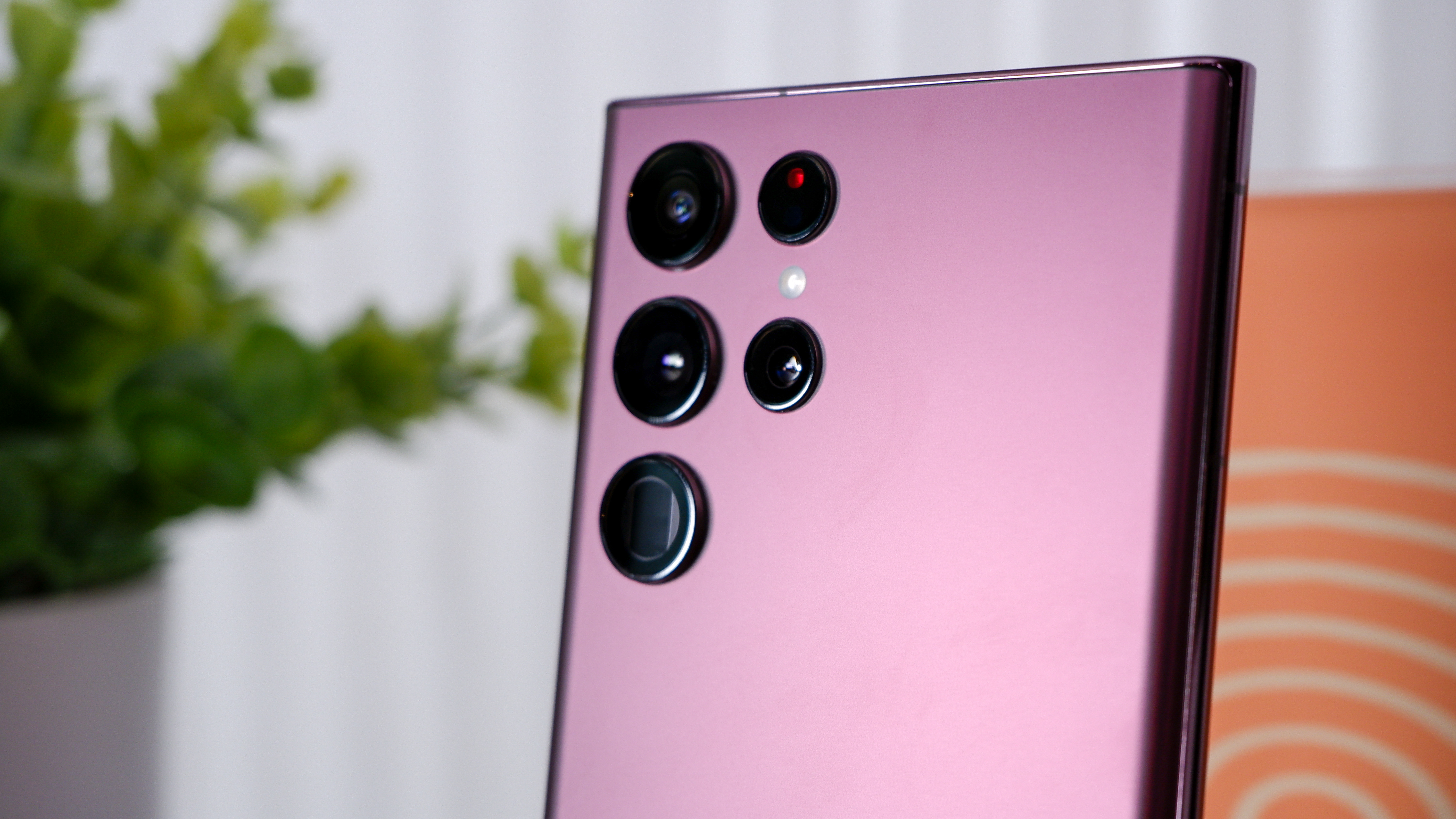Samsung Galaxy S23 surprise — Exynos could make a comeback
Next year's Galaxy S23 could feature two different chipsets once again

Exynos-powered Samsung flagship phones may not be as endangered as we thought. Apparently, some people within Samsung are having second thoughts about using Snapdragon silicon exclusively in next year's Galaxy S23 release, if a new leak is to be believed.
Samsung typically turns to different chipsets to power its Galaxy S phones, splitting things up between whatever top-of-the-line Qualcomm Snapdragon silicon is available and its own Exynos system-on-chip. This year's Galaxy S22 lineup used the Snapdragon 8 Gen 1 for phones released in the U.S., South America and Asia, while the U.K. and Europe got devices running Samsung's own Exynos 2200.
Rumors had suggested Samsung would drop that practice with the Galaxy S23, shifting entirely to a lineup powered by Qualcomm's next big chipset, which we assume would be called the Snapdragon 8 Gen 2. A couple months ago, Qualcomm executives seemingly confirmed that Samsung planned a global release of Snapdragon-powered Galaxy flagship phones starting with the Galaxy S23 in 2023.
However, leaker Ice Universe now posts on Chinese site Weibo that there's some internal division about that decision. "The Samsung MX department (mobile phone related department) hopes that the S23 series will all use Snapdragon processors," the leaker said, according to a translation of the post, "but Samsung Electronics wants to continue to use some Exynos chips, and the mobile phone department is dissatisfied with this."

That's not the most concrete of claims, and even if it's accurate, it could amount to little more than an internal debate that ultimately doesn't affect the phone that comes out next year. Still, it would be a pretty big deal if Samsung reverses course and goes back to using the Exynos 2300 in the Galaxy S23.
That's because Exynos chips have a reputation for not performing as well as Qualcomm's Snapdragon silicon in terms of both performance and power management. As a result, you could wind up with a different experience with your Galaxy flagship depending on the country in which you bought your phone.
Our own Galaxy S22 benchmarks back this up, as we managed to test Samsung phones powered by both the Snapdragon 8 Gen 1 and Exynos 2200 earlier this year. The Galaxy S22 running on the Snapdragon system-on-chip outperformed the Exynos-powered device, especially when it came to graphics.
Sign up to get the BEST of Tom's Guide direct to your inbox.
Get instant access to breaking news, the hottest reviews, great deals and helpful tips.
Samsung is already heading into the Galaxy S23 release cycle at a performance disadvantage, with the performance gap between Apple's new iPhone 14 Pro phones and Samsung's current flagships increasing according to our A16 Bionic benchmarks. Even the iPhone 14 models, which use a variant of last year's A15 Bionic chip built by Apple, post better benchmarks than the best-performing Android phones. Releasing Galaxy S23 models with different chipsets is unlikely to help Samsung close that gap.
That said, a vague leak detailing dueling opinions about the fate of a particular chipset isn't the same thing as a reversal of policy. We'll have to wait until we get closer to the Galaxy S23 launch to see whether Samsung sticks to its guns on going all in with Snapdragon chipsets for this phone release.
At least we have a general idea of when to expect the Galaxy S23. Recent rumors point to a February launch for the next Samsung flagship phone.
In addition to the new chipset, the Galaxy S23 is expected to see camera improvements highlighted by a 200MP main camera for the Galaxy S23 Ultra model. The front camera on the Galaxy S23 models could also see an upgrade.
Philip Michaels is a Managing Editor at Tom's Guide. He's been covering personal technology since 1999 and was in the building when Steve Jobs showed off the iPhone for the first time. He's been evaluating smartphones since that first iPhone debuted in 2007, and he's been following phone carriers and smartphone plans since 2015. He has strong opinions about Apple, the Oakland Athletics, old movies and proper butchery techniques. Follow him at @PhilipMichaels.

